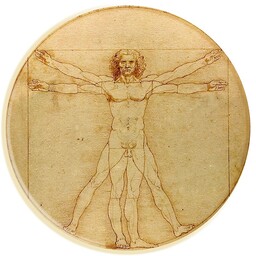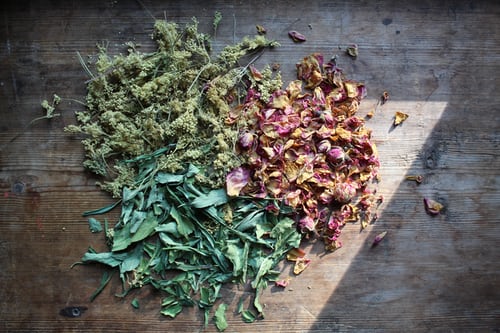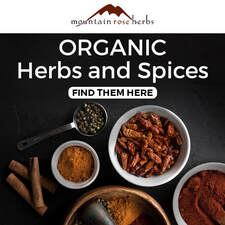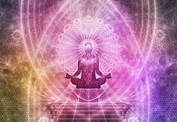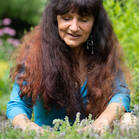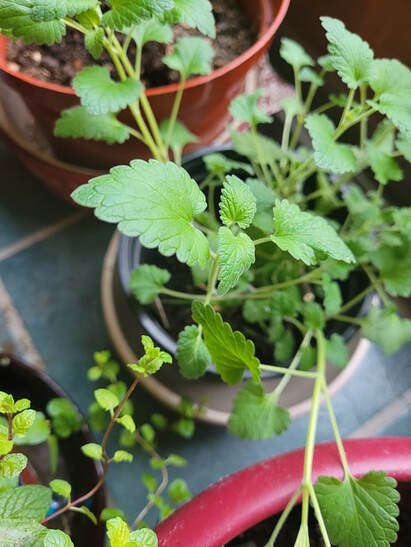
If you are new to herbs- this page will help you understand what herbs are, what an herbalist is, and what exactly is herbal medicine. It is my goal to help you to bridge the gap between plants, herbs and food and to give the people back their medicine, because herbs are "The People's Medicine."
HERBS: The botanical definition "any seed-bearing plant which does not have a woody stem and dies down to the ground after flowering."
Herbs are plants; plants are herbs the term can often be used interchangeable. Many are daily edibles and full of nutritive power, like alfalfa, dandelions, marigold, chickweed, or parsley and basil. Others are more medicinal in nature, and to be used with care and preparation like echinacea, yarrow, and red clover. Others still are even considered poisonous, but when expertly used can be powerful medicines, such as poke weed, comfrey, and lobelia. These plants are the real teachers and the wise ones of the woods. They are usually found deep in the forest or jungle and their knowledge has been past down to the healers and plant stewards many cultures.
Plants have supported mankind, since before man has been here. Plants provide our oxygen, our shelter, our clothing, our food, our medicine, our nearly everything.
Specifically- Herbs have a number of very important functions. Rosemary Gladstar in her book Herbal Healing for Women outlines some key ways herbs are useful to not only people, but animals.
- Herbs build and strengthen the body's natural immunity, and are very effective when used over time... almost as an accumulation of nutrients in the body. Herbs are readily recognized and utilized by our bodies on a cellular level.
- Herbs are powerful "adaptogens," meaning they help the body adapt to the changing environment and outside stress.
- Most nonemergency problems respond beautifully to herbs, and this would mean everyday problems like bruises, swellings, sprains, cuts, wounds, colds, fevers, burns and so forth.
For serious illnesses, and autoimmune disorders, herbs can be a wonderful secondary therapeutic agent. I have found that herbs and other types of natural healing are superb when working together. Pretend you are standing in the middle of a circle with arms and legs spread. (See Leonardo da Vinci picture above for a visual). Then imagine different spokes or rays connecting from your body to the rim of the circle, and going all the way around. Ray after ray after ray, until the circle is filled with rays connection, until it is almost a solid, filled-in circle. I see herbs as perhaps 1/2 of the rays that connect from the body to the circle edge. Food is essential for life. The foods, and herbs we eat, and ingest our what fuels and heals our bodies. However, half of the circle remains and can be filled in with many other healing tools. They could be sunshine, water therapy, music therapy, sea salt, laughter, art, love, hugs, joy, aromatherapy, medication, chiropractic care, and so on. I truly believe that Herbs are a large part of the circle of healing, but there is room for much more.
Herbalist: Is defined as a practitioner of herbalism; dealer of medicinal herbs. If I may elaborate, I once heard someone say an herbalist is just someone who really really likes plants and studies them almost obsessively. That is very true! I have been studying herbs for 20 years, and more is constantly unfolding. The amount to know and learn is never ending, which makes plant studies fascinating and exciting. As for the term 'practitioner' I would say, yes "we practice" herbalism. We practice using herbs in a more thorough way than most people. Herbs are a way of life and are interwoven in a completely for medicine, health, food, clothing, even comfort. Plants provide an enormous amount of joy. Just think of any indoor plant you may keep, does it make you smile? Or what about the beauty of a rose bush?
Herbalists are often very interested in greater category of medicinal herbs, and seek earnestly on how to use them from other healers, books, classes and programs. They often feel deeply compelled to help others and share the plant knowledge with them.
Herbalism also called Herbal Medicine: Herbalism dates back thousands of years. It was the way of medicine, until only recently with the introduction of drug therapy. There are even some complete, ancient books that are available to view or purchase online. There were herbalists of old, extremely knowledgeable and scientific, even before modern science was a thing. There were also societies and cultures, like the Native Americans, that were exceptionally knowledgeable about plants. They learned about herbs through observation of their world, the animals in their world and via actual experience. Knowledge was sacred and passed down through the medicine man or woman.
Resources for viewing or purchase:
-King's American Dispensatory 1898
-A Modern Herbal by Mrs. Mary Grieve 1931 Volume 1 and Volume 2
-Nicholas Culpeper's Complete Herbal from 1653
- (Culpeper's Complete Herbal: Illustrated and Annotated Edition Amazon)
3,000 years ago, Ascelpius of Thessaly, a great mind of the ancient world said, "first the word, then the plant, lastly the knife." I love this quote and really is exactly how I understand healing. The word, can be the word of God, just talking, sharing, counseling, and other verbal therapies, even positive affirmation. Many problems can be corrected with verbal consultation. Herbs are a secondary source for finding answers, after the word.
I guess I noticed this a long time ago. I have seen people, extremely dedicated to a "perfect" diet of many herbs and plants, but nevertheless struggling to be well. The word- adjusting our words, or correcting our words and thoughts needs to come first, before the herbs can do their job. Then lastly, some problems have been left too long, or are in such dire conditions, that allopathic medicine is the only way to save a life. For those times, I am utterly grateful. My methods with herbs and plants are meant to cut things off at the pass. PREVENTION is the key with the herbal approach.

